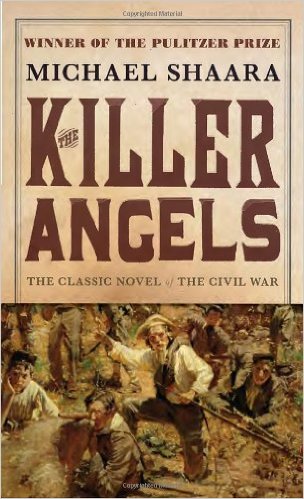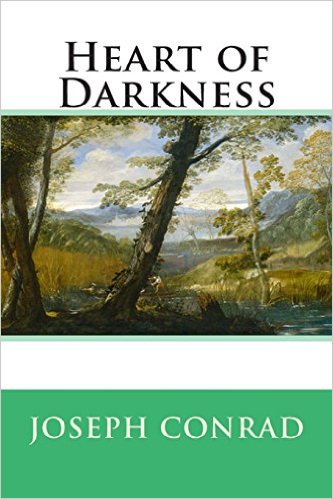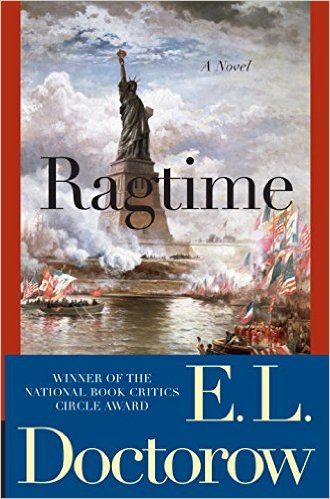Movement to heal Civil War wounds grows; St. Louis a good case in point
Illustrating the "happy slave" myth.
Sadly, falsehoods justifying Confederacy symbols persist
Some of the myths (falsehoods) sown by Southern planters—and cultivated from the antebellum period and Reconstruction to Jim Crow—stubbornly cling to some perceptions of this pivotal upheaval in American history. These include the myth of the "happy" slave and the "benevolent" master, and the notion that the Civil War was not fought over slavery, but over states’ rights and secession. These are specious arguments.
What states wanted was the right to own slaves!
Still an emotional and controversial issue 150 years after the Civil War, the movement to remove Confederate war symbols (monuments, statues, as well as flags) from our public places, thankfully, has grown, reawakening passions and awareness of what these symbols mean and the reasons behind them, and creating front page news from South Carolina to Texas. [The New York Times: “Calls to Drop Confederate Emblems Spread Nationwide.”]
Monument moved from Forest Park in St. Louis to the Missouri Civil War Museum at Jefferson Barracks.
The St. Louis Example
Nothing could be a better barometer of times a-changin’ than here in Missouri, technically a Union state during the war, but with strong Confederate leanings. Recently in St. Louis, moving a Confederate war memorial from the city’s Forest Park to the Missouri Civil War Museum at Jefferson Barracks, an active military post during the Civil War, drew some outrage, with one letter to the St. Louis Post-Dispatch claiming: “over fifty thousand blacks fought for the Confederacy. “ [The St. Louis American, U.S. News & World Report]
This is nonsense.
The truth is, with the war lost, Gen. Robert E. Lee attempted to have the Confederacy draft slaves to fight the Union, offering them freedom in return for their service. This proposal, however, drove Confederate state legislatures into an uproar, one prominent senator declaring: “If we allow this, the war has had no point.” [Daily Beast]
Was maintaining racial superiority more important than victory?
Historically, on a rare occasion when a black Confederate company was formed and marched through a town, they were hardly met with cheers and roses. Rather, citizens actually threw rocks at them. Black Confederate soldiers never did get into battle, although there was some shooting: more a warning “don’t come this way” than an actual battle.
On the other hand, over 100,000 black soldiers and sailors, including many free blacks, did fight for the Union to free their people and to established their full manhood in the country in which they were born.
A great book on the trials and challenges of black Union soldiers is A Grand Army of Black Men, Edited by Edwin S. Redkey. [See MELUS article.]
This “principle” is demonstrated in my upcoming Civil War novel, Honor Among Outcasts, the second in my DarkHorse Trilogy (October release). Here, the war is raging, and the DarkHorse men (former partners from Book 1, The Lies That Bind) have joined the Union army to fight Confederate guerrillas in western Missouri. Since “colored” (black) regiments were required to have a (superior) white officer, this role is played ironically by their partner, pacifist/abolitionist/foolhardy Durksen Hurst.
Note: An important element of the DarkHorse Trilogy, and my most personally compelling reason for writing it, is to debunk these hurtful falsehoods by showing the values, hopes, fears, ambitions—and flaws—we all share as human beings, and our equal right as Americans, white and black, to life, liberty and the pursuit of happiness.


![A great book on the trials and challenges of black Union soldiers is A Grand Army of Black Men, Edited by Edwin S. Redkey. [See MELUS article.]](https://images.squarespace-cdn.com/content/v1/547bb19fe4b0ab191e9b7993/1500940951338-JNFX55K9EYPQKQI95LQV/image-asset.jpeg)







